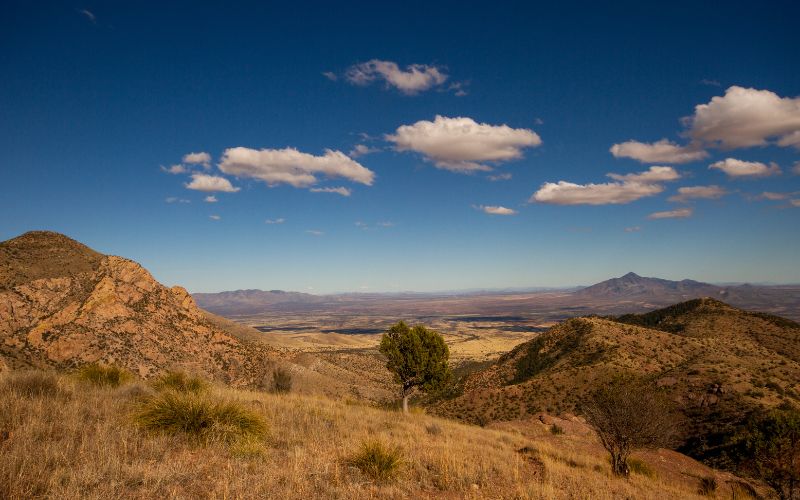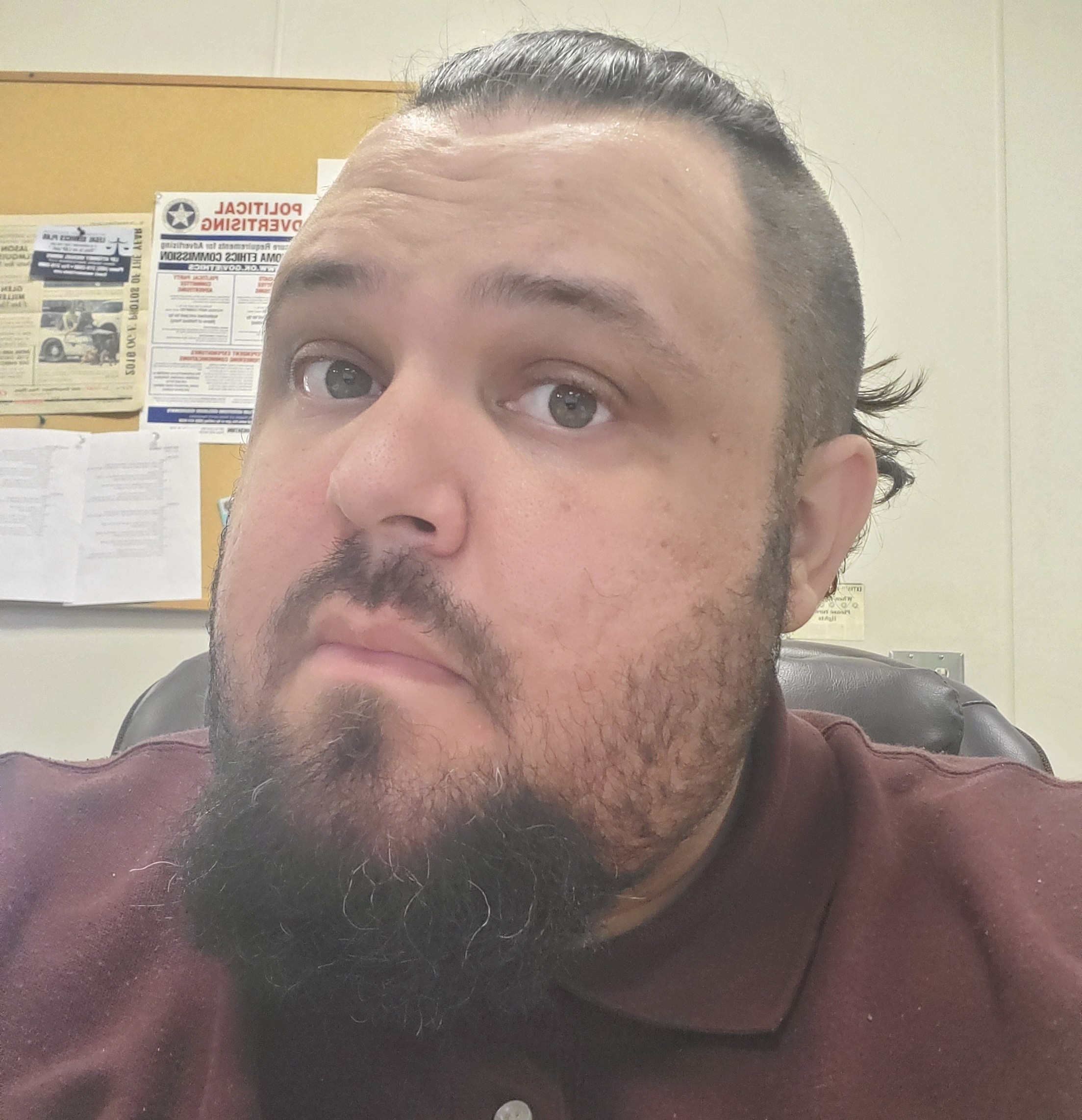
- Details
- By Chez Oxendine
The Tohono O’oodham Nation and San Carlos Apache Tribe, joining with Archaeology Southwest and the Center for Biological Diversity, have aimed a new lawsuit at the federal government for their role in permitting a high voltage transmission line across sacred sites.
The lawsuit, filed on Jan. 17, alleges that the Bureau of Land Management and the Department of the Interior ignored executive orders and federal laws that would protect sacred sites from a part of Pattern Energy’s SunZia energy project, which aims to establish clean energy infrastructure between Arizona and New Mexico.
The transmission line in question would run through the heart of the San Pedro Valley, which in turn would cause “irreparable damage to scared and cultural sites of the Tohono O’odham Nation, San Carlos Apache Tribe, and other tribes,” per a joint statement.
In 2023, the Bureau of Land Management allowed the project to move forward without notifying the tribes involved first, which falls afoul of the National Historic Preservation Act, the Administrative Procedure Act, and multiple executive orders on preservation and tribal consultation, the tribes write in their joint statement. They further allege that the Bureau has failed to adequately inventory cultural resources in the area, and ignored repeatedly raised concerns about cultural safety.
“This disregard for tribal cultural resources corrupted the NHPA process and resulted in the unlawful granting of a LNTP which has allowed SunZia and Pattern Energy to plow forward with construction despite the permanent damage to sacred and cultural resources in the San Pedro Valley,” the tribes write.
Tohono O’odham Nation Chairman Verlon Jose said the line “must change course” to avoid damaging cultural resources in the area.
More Stories Like This
50 Years of Self-Determination: How a Landmark Act Empowered Tribal Sovereignty and Transformed Federal-Tribal RelationsChickasaw Annual Meeting and Festival Celebrated Sept. 26 - Oct. 4
Brookings and SCAG Report Exposes Failures in Native Data Collection
Navajo Nation Committee Approves Limited Sovereign Immunity Waiver for HUD-Funded Housing Projects
Sisseton Wahpeton Oyate to Break Ground on a New Law Enforcement Center
Help us tell the stories that could save Native languages and food traditions
At a critical moment for Indian Country, Native News Online is embarking on our most ambitious reporting project yet: "Cultivating Culture," a three-year investigation into two forces shaping Native community survival—food sovereignty and language revitalization.
The devastating impact of COVID-19 accelerated the loss of Native elders and with them, irreplaceable cultural knowledge. Yet across tribal communities, innovative leaders are fighting back, reclaiming traditional food systems and breathing new life into Native languages. These aren't just cultural preservation efforts—they're powerful pathways to community health, healing, and resilience.
Our dedicated reporting team will spend three years documenting these stories through on-the-ground reporting in 18 tribal communities, producing over 200 in-depth stories, 18 podcast episodes, and multimedia content that amplifies Indigenous voices. We'll show policymakers, funders, and allies how cultural restoration directly impacts physical and mental wellness while celebrating successful models of sovereignty and self-determination.
This isn't corporate media parachuting into Indian Country for a quick story. This is sustained, relationship-based journalism by Native reporters who understand these communities. It's "Warrior Journalism"—fearless reporting that serves the 5.5 million readers who depend on us for news that mainstream media often ignores.
We need your help right now. While we've secured partial funding, we're still $450,000 short of our three-year budget. Our immediate goal is $25,000 this month to keep this critical work moving forward—funding reporter salaries, travel to remote communities, photography, and the deep reporting these stories deserve.
Every dollar directly supports Indigenous journalists telling Indigenous stories. Whether it's $5 or $50, your contribution ensures these vital narratives of resilience, innovation, and hope don't disappear into silence.
 The stakes couldn't be higher. Native languages are being lost at an alarming rate. Food insecurity plagues many tribal communities. But solutions are emerging, and these stories need to be told.
The stakes couldn't be higher. Native languages are being lost at an alarming rate. Food insecurity plagues many tribal communities. But solutions are emerging, and these stories need to be told.
Support independent Native journalism. Fund the stories that matter.
Levi Rickert (Potawatomi), Editor & Publisher

